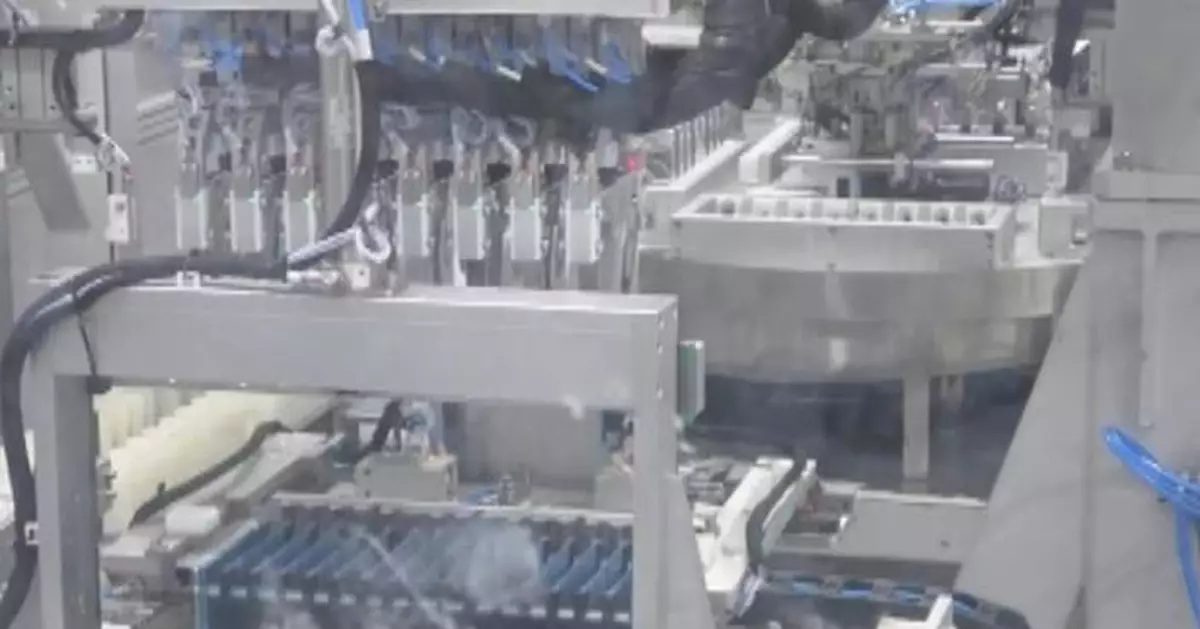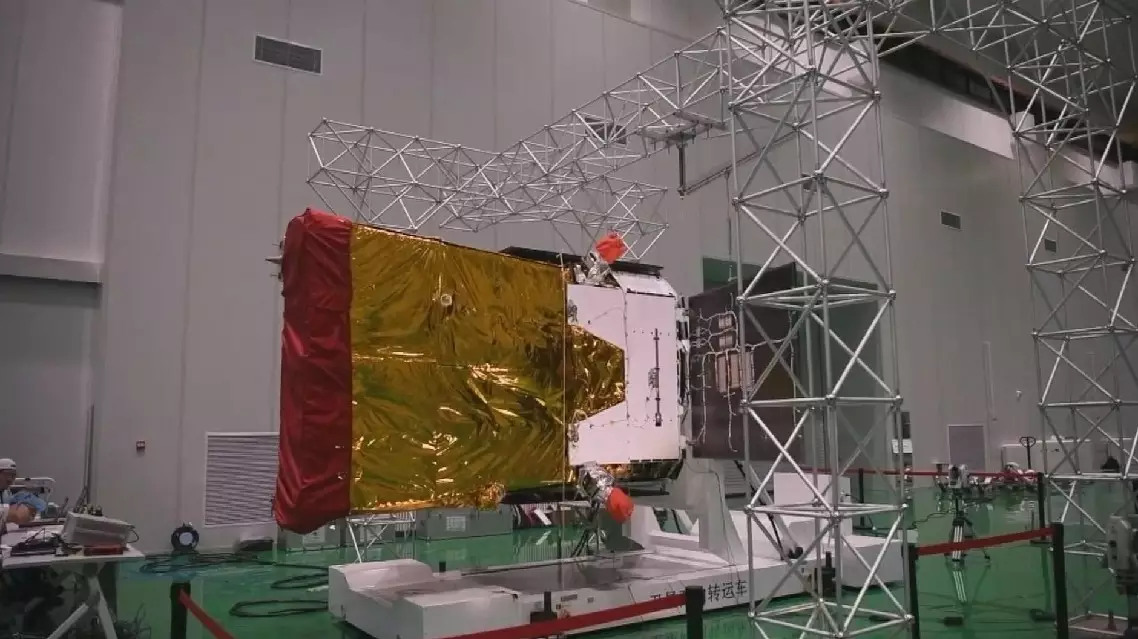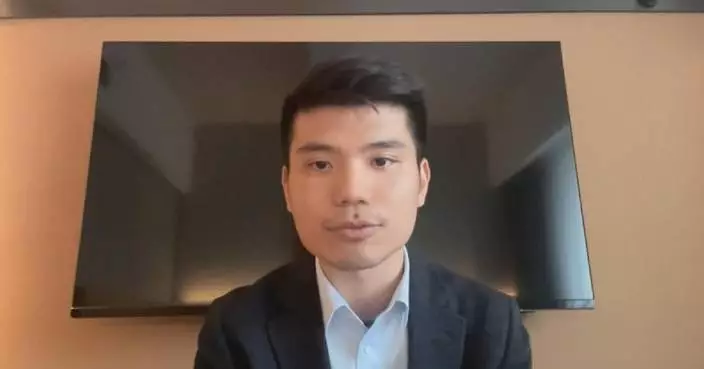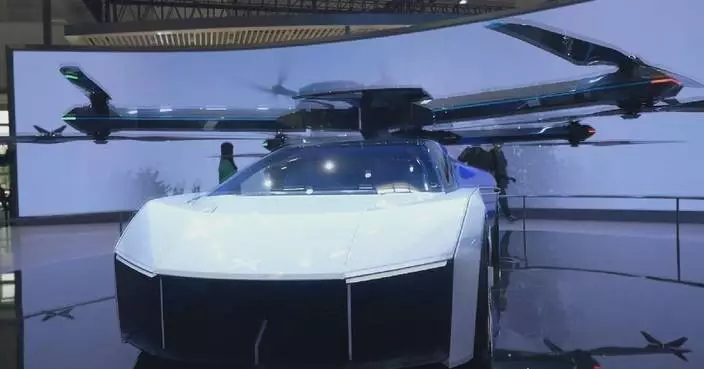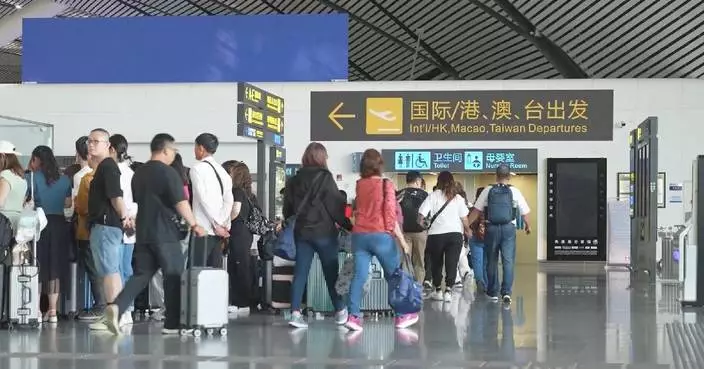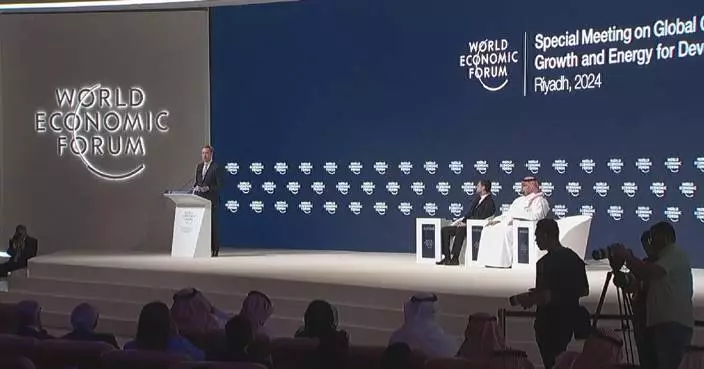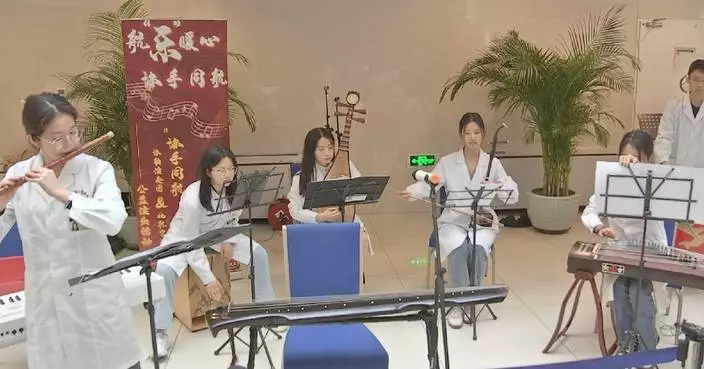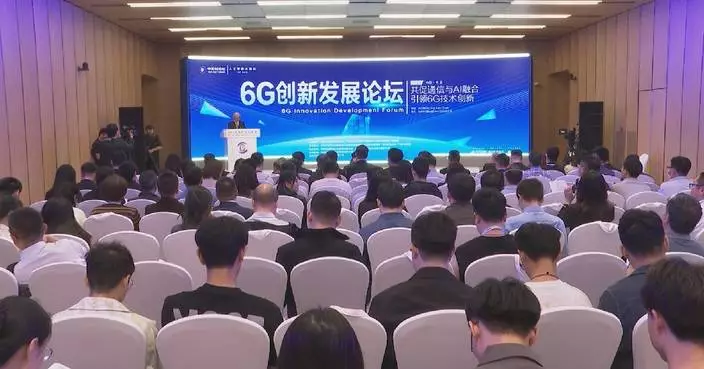A new regulation that strengthens sustainability rules for batteries and waste batteries adopted by the Council of the European Union (EU) in July last year has sparked a mix of challenges and opportunities for China's battery industry, said a Chinese expert.
The new EU Batteries Regulation, which entered into force on August 17, 2023, covers the entire life cycle of batteries -- from production to reuse and recycling -- and ensures that they are safe, sustainable and competitive.
The regulation applies to all batteries, including all waste portable batteries, electric vehicle batteries, industrial batteries, starting, lightning and ignition (SLI) batteries (used mostly in vehicles and machinery) and batteries for light means of transport, such as electric bikes, e-mopeds and e-scooters.
According to the new regulation, starting from 2027, power batteries exported to Europe must possess a compliant "Battery Passport" that documents information such as the battery manufacturer, material composition, carbon footprint, and supply chain. Batteries or new energy vehicles that do not meet these requirements will be unable to enter the European market in the future.
For some Chinese exporters whose products can meet the newly established standards, they believe the regulation offers an business opportunity.
Among the exporters is Phylion Battery Co., Ltd. (Chuzhou) in Chuzhou City of east China's Anhui Province, which has seen a continuous influx of orders since the beginning of this year. The company's executive said that they have already secured and scheduled many orders from the Europe, extending well into the early months of next year.
"Given that the EU adopted many new standards or regulations, our company could possibly be the first company in the world to obtain the certificate. When we promoted our products, my European clients were impressed and willing to cooperate with us because we are the first to meet the standards and obtain this certification. They are more willing to collaborate with us," said Feng Xiao, President and Chairman of Phylion Battery Co., Ltd.
The EU Batteries Regulation is the world's first policy that mandates carbon footprint as a mandatory standard for products. It encourages the industry to adopt more environmentally friendly production technologies and methods.
"It sets a unified standard for all Chinese, Japanese, Korean and European companies. Under high standards and strict requirements, it also establishes a threshold that filters out inferior products. Whoever can meet this standard will enter the market, making it a great regulation that promotes the overall improvement of safety standards and performance in the battery industry," he said.
According to Chen Xiaohong, a researcher at the State Council's Development Research Center, while there is no doubt that it presents a challenge, they believe it also serves as an opportunity for improvement in the battery industry.
"Certainly, it poses a challenge. However, I believe it also presents an opportunity for improvement, turning adversity into opportunity, especially because Chinese companies also have some favorable conditions, and because China is the world leader in battery production and industrial field," said Chen.
"In a certain sense, it also promotes the formation and development of new quality productive forces in this field for our country. It makes everyone pay more attention to this issue," Chen added.

EU's new regulation on batteries sparks mix of challenges, opportunities for China's battery industry: expert


